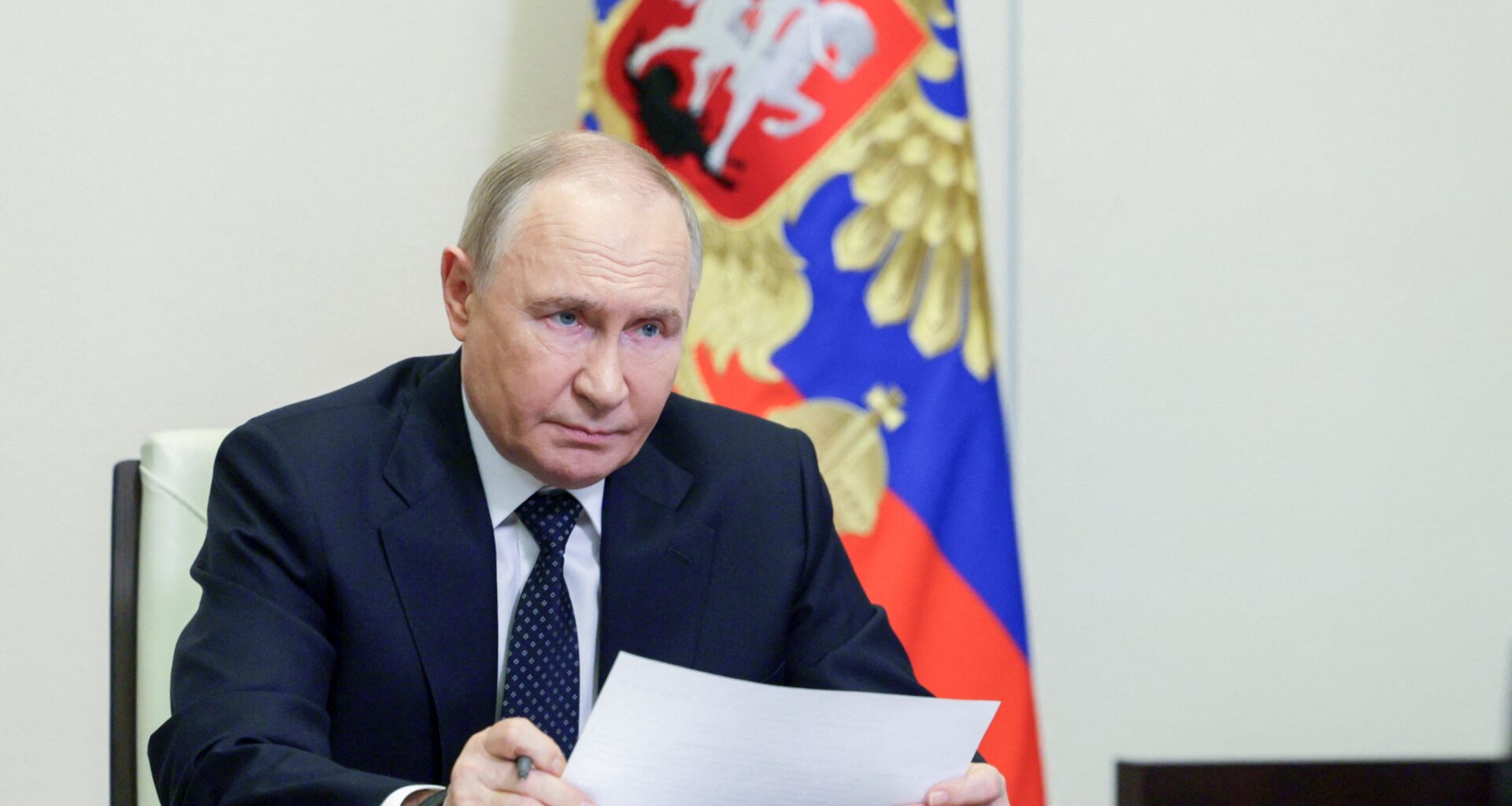The Ukraine war won’t end until NATO withdraws troops from the Baltics, a top Russian official has warned.
Sergei Ryabkov, Russia’s deputy foreign minister responsible for U.S. relations, nonproliferation and arms control, made the remarks in an interview with state-run news agency Tass.
Newsweek has reached out to the Kremlin and NATO for comment by email.
Why It Matters
Ryabkov’s comments mark a shift in the Kremlin’s position. He suggested that the conflict’s roots lie not only in Ukraine itself but in NATO’s eastward expansion. According to Ryabkov, the withdrawal of NATO forces from the Baltics would help bring an end to the war.
What To Know
NATO maintains a strong military presence in the Baltic States, with multinational battle groups and brigades stationed in Bulgaria, Estonia, Hungary, Latvia, Lithuania, Poland, Romania and Slovakia.
The military alliance bolstered its presence in the region in the wake of Russia’s full-scale invasion of Ukraine. It said in an update on June 6 that the eight battle groups “demonstrate the strength of the trans-Atlantic bond and the Alliance’s solidarity, determination and ability to respond to any aggression.”
Also, Sweden and Finland have switched from being neutral to joining NATO since the invasion.
The Kremlin had said Ukraine must abandon its ambitions to join NATO as a condition for ending the war, but Ryabkov appeared to signal to Tass that the alliance must withdraw completely from the Baltics as well.
In the article titled “Deputy Foreign Minister Ryabkov: It is impossible to resolve the conflict until NATO pulls out,” the official argued that resolving the conflict in Ukraine requires addressing what he described as the root causes.
“The American side requires practical steps aimed at eliminating the root causes of the fundamental contradictions between us in the area of security.
“Among these causes, NATO expansion is in the foreground. Without resolving this fundamental and most acute problem for us, it is simply impossible to resolve the current conflict in the Euro-Atlantic region.”
Ryabkov suggested NATO’s eastward expansion was central to the war.
“Given the nature and genesis of the Ukrainian crisis, provoked by the previous U.S. authorities and the West as a whole, this conflict naturally acts, well, if you like, as a test, a trial, which checks the seriousness of Washington’s intentions to straighten out our relations,” he said.
Last month, three Russian sources with knowledge of Washington-led negotiations told Reuters that Putin’s conditions for ending the Ukraine war include a written pledge from Western leaders to halt NATO’s eastward expansion.
What People Are Saying
A senior Russian source with knowledge of top-level Kremlin thinking told Reuters in an article published on May 28: “Putin is ready to make peace but not at any price.”
A second source told Reuters: “Putin has toughened his position.”
Sergei Ryabkov, Russia’s deputy foreign minister, told Tass: “Trump’s return to the White House, declaring his commitment to a political and diplomatic settlement of the Ukrainian crisis, has become a reason for cautious optimism in terms of a potential normalization of relations with the United States, but also in a broader sense.
“It was in this vein that the presidents of Russia and the United States held four telephone conversations. Our side expressed gratitude for the United States’ support in resuming direct negotiations between Russia and Ukraine, interrupted by the Ukrainian side in 2022.
“But Vladimir Vladimirovich Putin also confirmed the basic principle of the need to eliminate the root causes of the conflict within the framework of political and diplomatic efforts. Otherwise, long-term peace cannot be ensured, and in concrete terms, it is necessary to exclude any opportunity for the Ukrainian Armed Forces to take advantage of the pause for a respite and regroup their forces.”
What Happens Next
Moscow and Kyiv will continue to launch strikes on each other’s territory, with the war in Ukraine showing few signs of a peace deal in the near future.

Russia’s President Vladimir Putin chairs a meeting with members of the government via a videoconference at the Novo-Ogaryovo state residence, outside Moscow, on June 4, 2025.
Russia’s President Vladimir Putin chairs a meeting with members of the government via a videoconference at the Novo-Ogaryovo state residence, outside Moscow, on June 4, 2025.
GAVRIIL GRIGOROV/POOL/AFP/Getty Images
